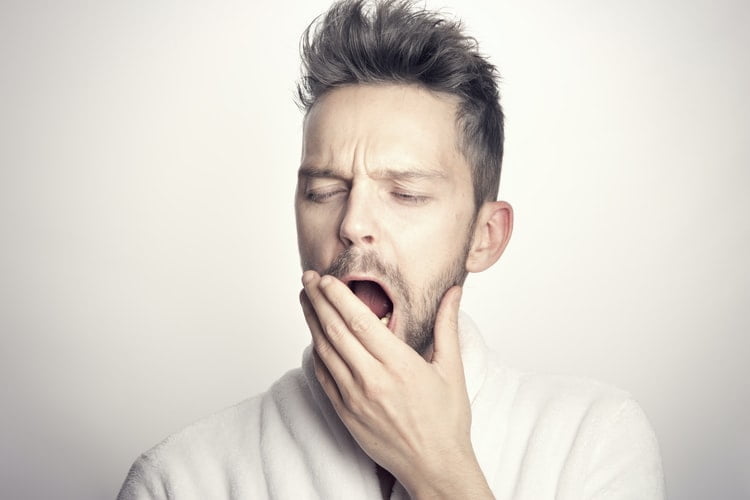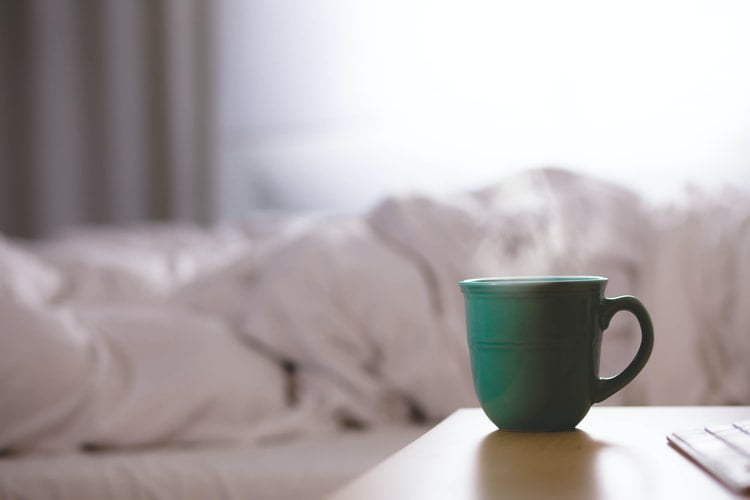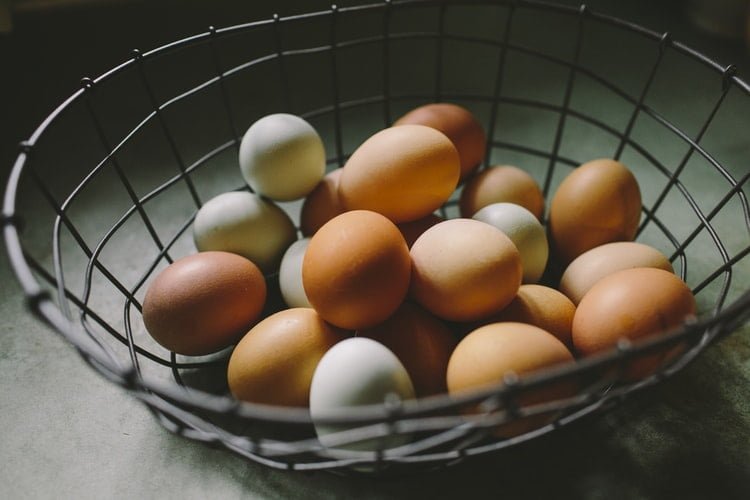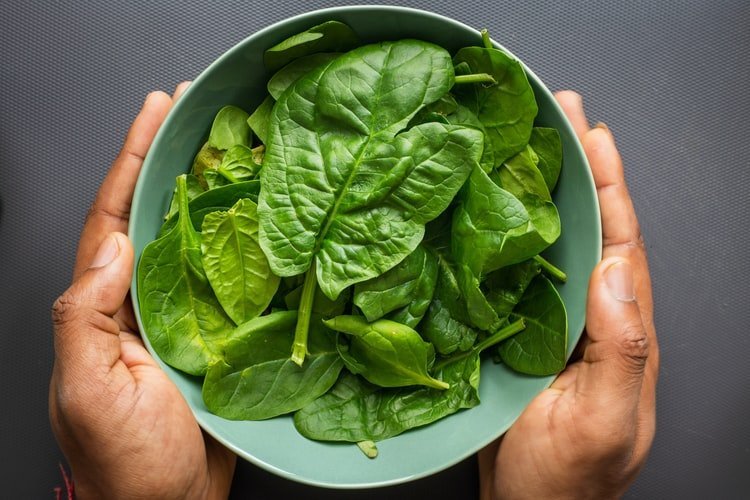As we all know, sleep is critical. Not only is adequate sleep necessary for feeling energized and focused, but it is also necessary for maintaining a healthy immune system, a healthy heart, glowing skin, and weight stability. Even though we all desire adequate sleep, it can be difficult to obtain. If you have a bad night’s sleep, try not to get too worked up about it. Lean on foods and beverages such as these to help give you a boost until you can get the rest you require. The following are dietitian-recommended foods and beverages to consume when you don’t get enough sleep.

Water
When you are sleep-deprived, water is by far the most important beverage. While it may be tempting to reach for coffee or tea, research indicates that you should refrain. Dehydration can have unfavorable side effects such as excessive eating, moodiness, and headaches, which can be especially draining if you’re sleep-deprived. Maintaining adequate hydration will assist you in feeling energized in the short and long term. Additionally, it benefits your brain, skin, and heart. Carry a water bottle with you throughout the day to facilitate sipping.
Caffeinated beverages and tea
While it is critical to drink enough water, there is nothing wrong with a moderate amount of caffeine, especially if you are feeling groggy. Additionally, there are some impressive health benefits associated with coffee and tea consumption. Apart from boosting mood and increasing alertness, coffee compounds may also benefit heart, brain, and diabetes health. Tea contains compounds that, when consumed regularly, may help reduce the risk of stroke and cancer and, when consumed decaffeinated, may help improve sleep in the long run. Whether it’s a caffeinated tea or coffee for a midday boost or a decaffeinated herbal tea to help you wind down at night, these beverages can help you get through long days.

Seeds and Nuts
Nuts and seeds are an excellent source of sustained energy during the afternoon slump. They are high in healthy fats, protein, and fiber, which help you feel fuller for longer. Not only that, but nuts such as walnuts are high in omega-3 fatty acids, which have been shown in research to promote healthy sleep. Seeds, such as chia seeds and flaxseeds, are high in fiber, which is a necessary nutrient for better sleep.
Foods High in Fiber
Fiber is beneficial for sleep for a variety of reasons. Fiber helps maintain a stable blood sugar level for a longer period of time, avoiding the spikes and crashes that send our energy levels soaring. Consuming enough fiber can also improve the quality of sleep we get, allowing you to compensate for a less-than-restful night. Fruits, vegetables, whole grains, and legumes are all high in fiber and can help you get enough.
Eggs are amazing food if you Didn’t Get Enough Sleep
Eggs are an excellent source of energy on sleepy days. They contain a high protein content, making them filling and satisfying. Not to mention how versatile and affordable they are. Eggs are also a good source of vitamin B12, which assists our cells in metabolizing energy and performing optimally. Protein is especially important on days when you don’t get enough sleep, which is why having our Easy Loaded Baked Omelet Muffins for breakfast or Shakshuka for dinner can help you avoid fatigue.

Foods High in Calcium
Dairy, soybeans, sardines, and leafy greens all make excellent additions to your plate when you’re in need of an energy boost. Not only are they high in protein, which will keep you fueled, but they are also high in calcium. Not getting enough calcium in your daily diet can make it difficult to sleep soundly. This may be due to calcium’s ability to maintain healthy blood pressure, according to research.
Foods High in Iron
In the long run, not getting enough iron can result in general fatigue and even anemia. Iron is the primary nutrient responsible for oxygen delivery throughout our bodies. If your blood does not contain enough iron, oxygen may be unable to reach the areas where it is needed, resulting in a lack of energy. To stay energized on a consistent basis, include iron-rich foods such as spinach, kale, red meat, and clams in your diet. Clams, in particular, are high in nutrients that boost energy, such as vitamin B12 and coenzyme Q10.

Finally,
Sleep is critical for both short and long-term health and well-being. To be clear, you can not eat or drink your way out of sleep deprivation. To boost your energy levels, try adjusting your sleeping pattern to ensure that you get at least seven hours of sleep per night. For days when you didn’t get enough sleep, these foods can help boost your energy and prepare you for future nights of restful sleep.

